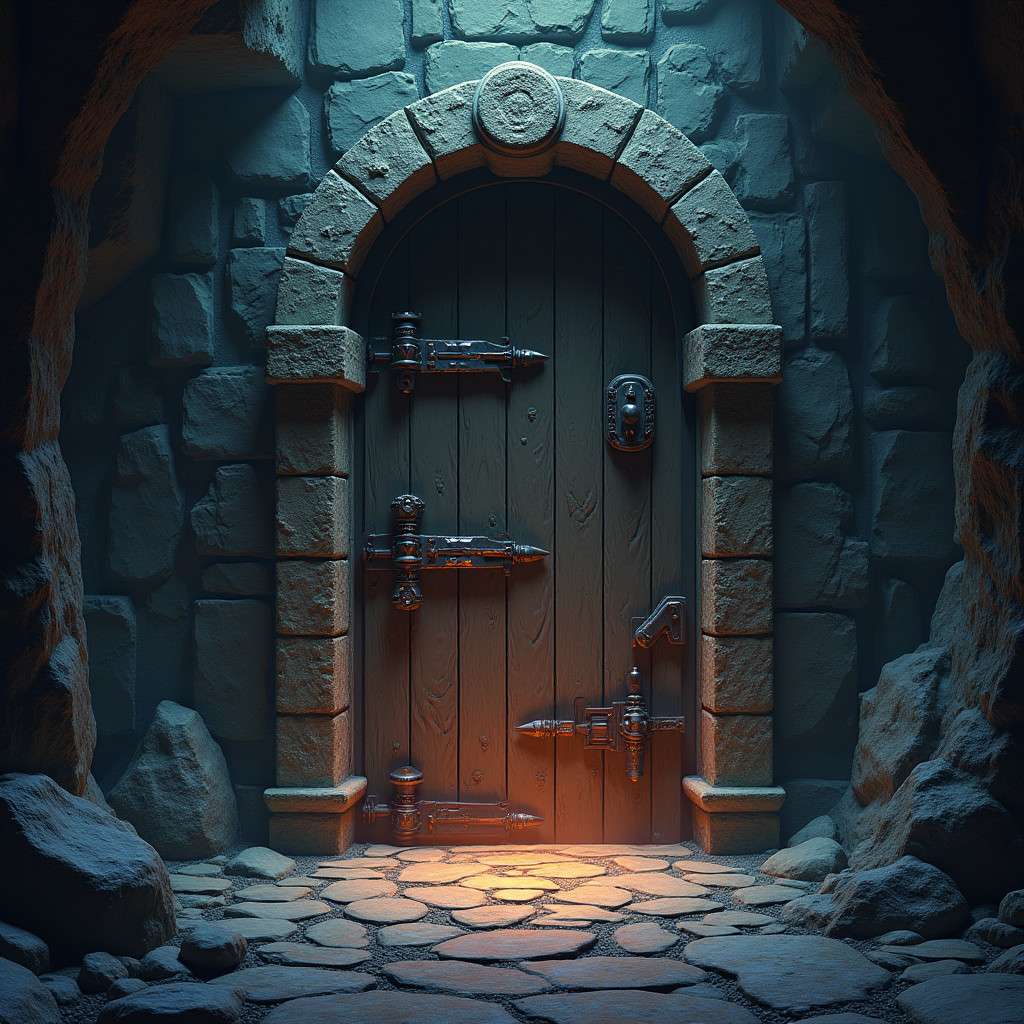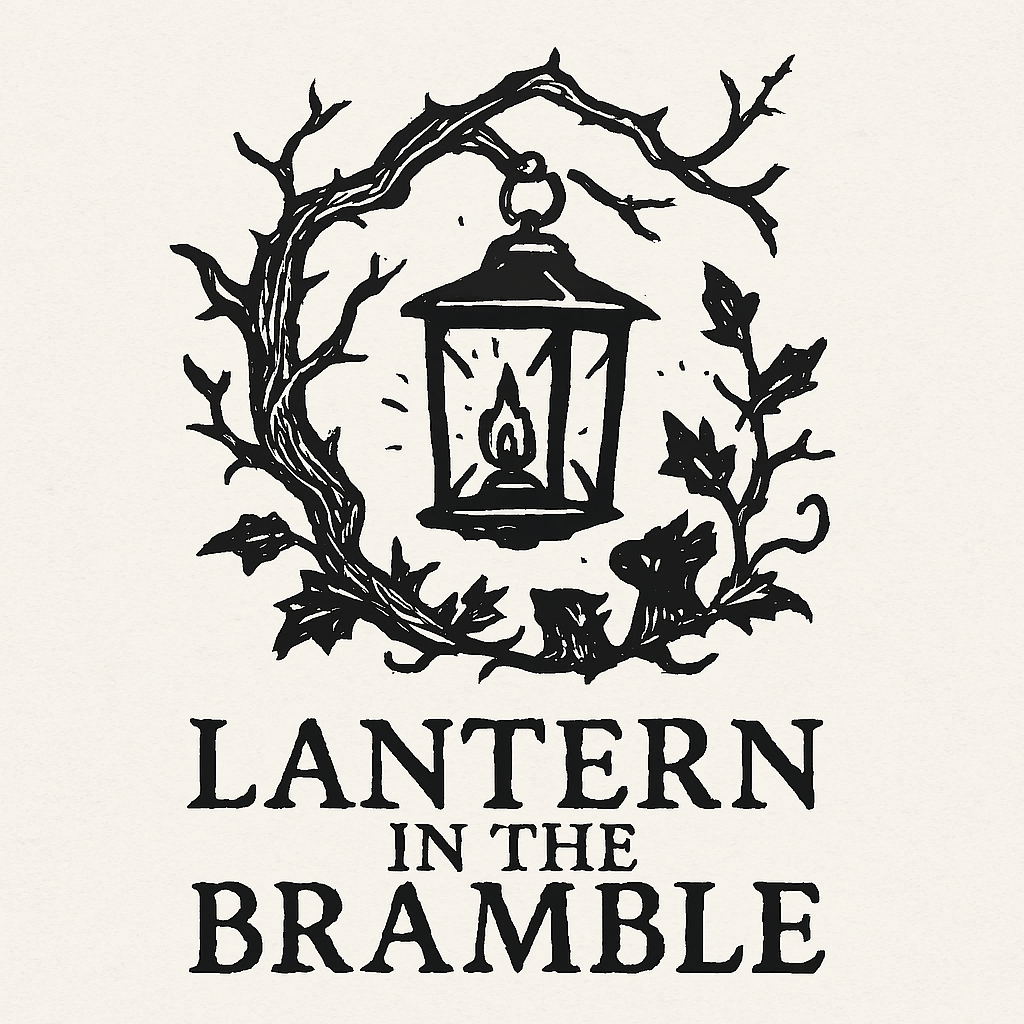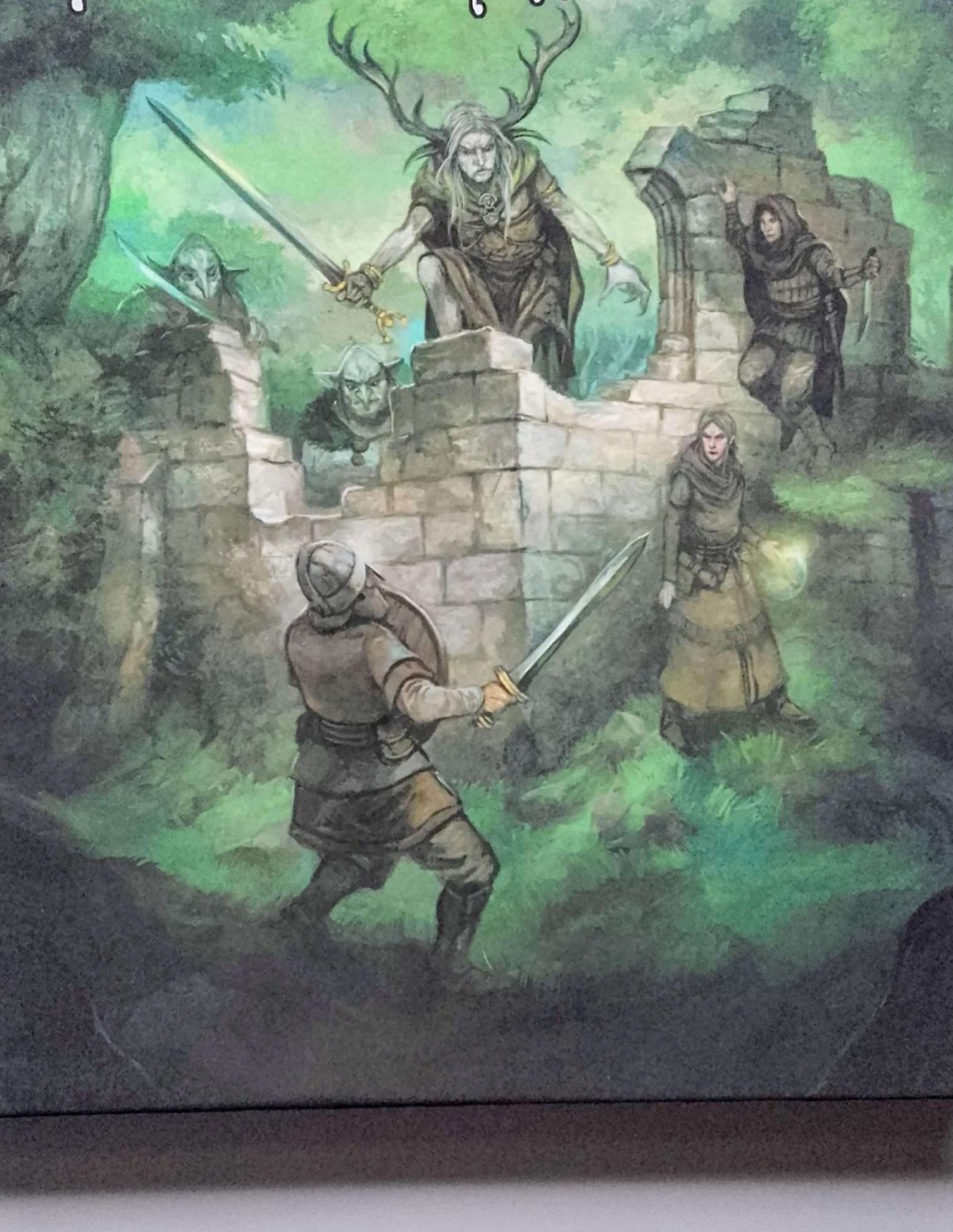Its been another crazy week, two hospital visits for further treatment and if my health problems are not enough stress for us, we decide to move house as well, at least we have a month before the actual move but its still added to our stress levels, No wonder I found sleep hard to come by last night.
It was lying awake in the wee small hours that my mind turned to the problem of secret doors and hidden traps in solo gaming, and how I personally deal with knowing more than my characters possibly could. Meta gaming I believe it is called.
How it works in a multi-player game.
The player characters are ambling down a dungeon corridor, the GM knows there is a secret door leading to a room with loads of treasure, the player are blissfully unaware of this.
Unless the characters are actively searching for secret doors the GM could ask them to make a perception check to see if they sense anything. Assuming they do, or they are actively seeking such doors, then the gm can get them to roll to see if they actually find anything.
This leads me to an issue, even in a face to face game. If the GM asks the player to make a perception check (In Beyond the Wall this would be a Wisdom check), the players would be well aware of the fact that something is hidden near where they are, and if the GM allows a bonus for spot hidden object or a similar skill, well that gives the game away for sure.
The GM could of course make a secret perception roll on behalf of the players but then the players kind of miss out on making their own rolls.
A third alternative is, unless the players say they are actively looking for secret doors and traps, the GM just does nothing and the characters walk right past the door and the treasure beyond.
And finally, if the characters say they are going to look for secret doors and traps, and the GM knows there are not any, he can again get them to do an Intelligence roll, if they pass he tells the plays there are no secret doors, a fail and he can leave the players not knowing either way.
How I work it in my solo games.
In solo play its a little different. If you are playing a published adventure, you will be well aware that there is a secret door, or trap, but your characters won’t. Even if you are creating a random dungeon, you may end up knowing the location of such doors.
Its tempting then, to have the characters look for the secret door, and to even keep on looking until they find it, you want what’s behind that door don’t you. And you could do just that, but then you may as well just have an ordinary door there.
The same with traps, you don’t want them sprayed with deadly poison so you keep having them check until they find the trap, not much fun in that though and why bother having a trap in the first place.
One solution I came up with is allowing one character to make a perception check to see if they sense anything as they walk past. You could randomly roll to see which character makes the check if any at all. For example, in my current Beyond the Wall/Bay of Spirits campaign I would roll d8, on a roll of 1-3 no one checks, 4 Culdus does, 5 Hew does, 6 Karina does, 7 Rhian 8 Strawberri.
If one of the characters does get to make a perception check and passes, they begin an active search, I make an Int check for them, a pass they find the secret door, fail on either check and they find nothing and move on.
This idea can work for whatever number of characters make up your party. For one character, roll d6, 1-3 they walk past, 4-6 they look.
2 character’s roll d4, 1-2 they walk past, 3 character A looks, 4 Character B looks, and so on.
The same system works even if you don’t know there is a secret door in a room or corridor. One of your characters could decide to look any way. Again, in my BtW/Bos campaign, I could roll d10, 1-5 no one looks, 6-10 one of the characters does. A successful Int check and they find a secret door, if it opens, well who knows what they find behind it.
And what about hidden traps? Well the same system works for traps too.
And that kept you awake last night?
Well, I probably had other issues on my mind but yes, as I lay unable to find sleep, the issue of dealing with secret doors and hidden traps kept rattling round my head.
I did come up with other ideas too, but when the dog jumped on the bed this morning and got me up far too early, they slipped my mind. Maybe they will come back to me the next time I find myself awake all night.
Do Secret Doors and Hidden Traps keep you awake at night. What solutions do you have for dealing with them in solo play and how do you avoid meta gaming, let me know.










Leave a Reply